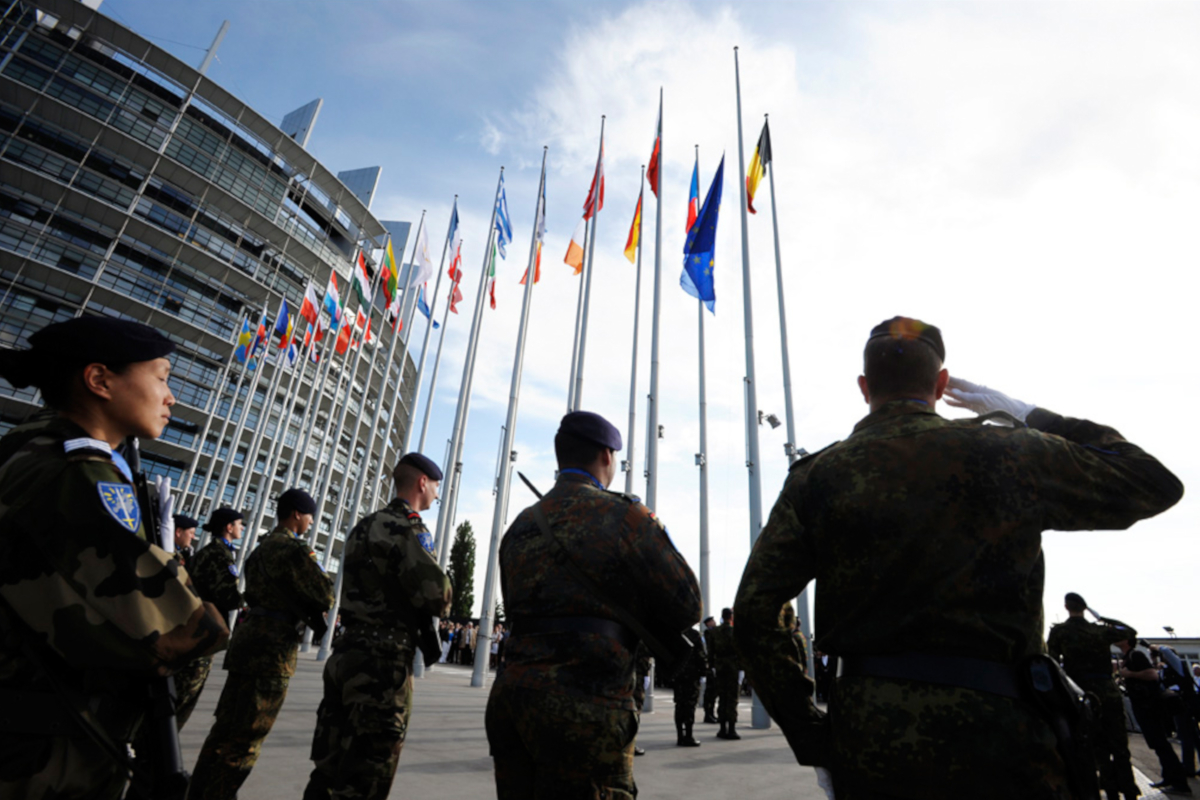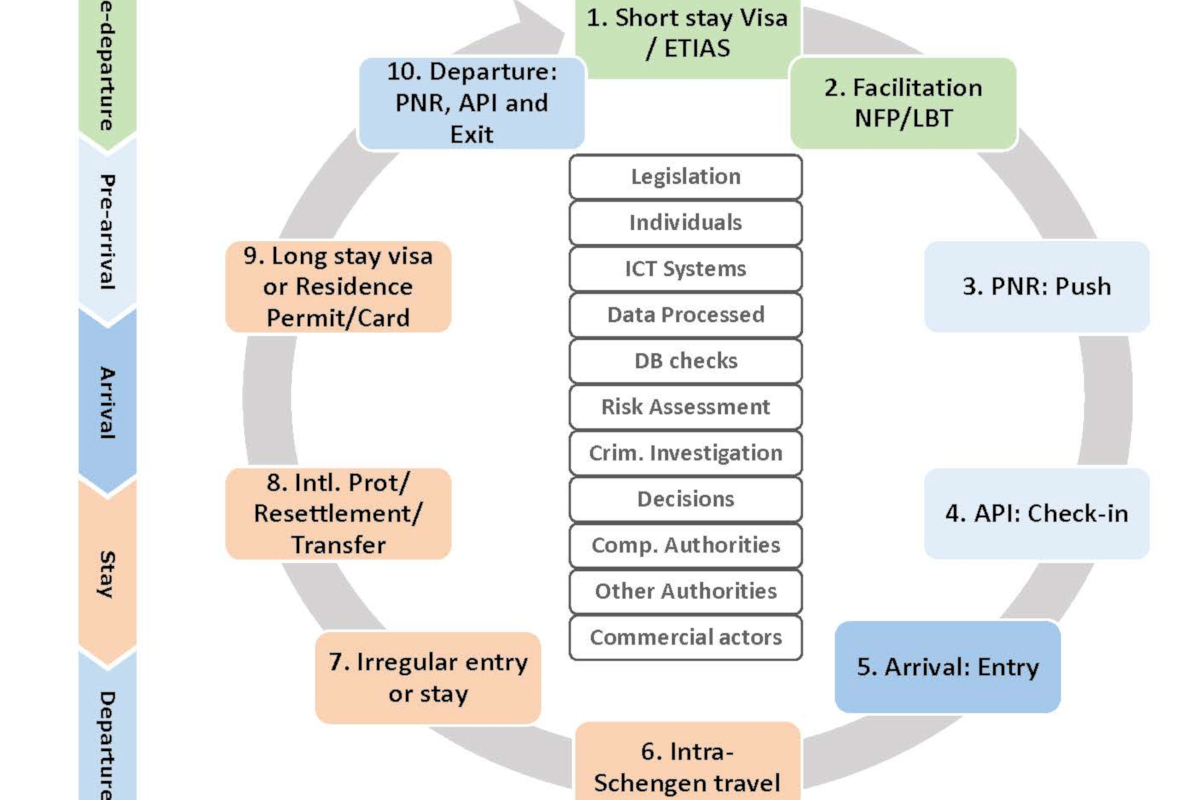August

EU: Council establishes new working party on defence industry as part of military push
On 29 June, member state ambassadors to the EU agreed to create an 'Ad hoc Working Party on defence industry'. This Working Party will report to the EU Foreign Affairs Council, providing advice on draft legislative acts and other legal acts on issues related to the European defence industrial and technological base (EDTIB) – that is, the military industry at large.

EU: Police plans for the “future of travel” are for “a future with even more surveillance”
Plans hatched by Europol and Frontex to develop a “European System for Traveller Screening” that would require massive data processing and automated profiling have been condemned as ushering in “a future with even more surveillance” by German left MEP Cornelia Ernst, who told Statewatch that “the daily lives of millions of people” should not be shaped by “agencies that long ceased to be controllable by the public and the parliament.”

USA: Attorneys and journalists illegally searched during visits with Julian Assange sue CIA and Michael Pompeo
Plaintiffs call on DOJ to drop charges; Members of legal team were illegally surveilled inside Ecuadorian embassy, violating fourth amendment. Indictment against Julian Assange cannot stand as a result of gross government misconduct.

Frontex celebrates "expanding footprint" beyond the EU in report on third country cooperation
EU border agency Frontex is obliged to report annually to the European Parliament, European Commission and Council of the EU on its cooperation with non-EU countries. The 2021 report, obtained by Statewatch and published here, focuses on an expanding influence in the Western Balkans, information sharing, the expansion of the European Border Surveillance System (EUROSUR) to non-EU states, and deportations.

Italy: Migration, borders and freedom of information: decree aims to “nullify any glimmer of transparency”
The decree, approved quietly in March, provides a blueprint for official opacity – vast swathes of documents are now deemed “inaccessible”.

UK: New campaign to keep Campsfield immigration detention centre closed
In 2019, Campsfield detention centre near Oxford was closed following the publication of a government review on the treatment of vulnerable people in immigration detention. Local campaigners had staunchly opposed the centre for years. Now, the government intends to reopen it and house up to 400 men there, pending deportation - possibly to Rwanda. A new campaign aims to halt the plans.

Minutes of the EU-USA justice and home affairs ministerial meeting
The meeting was held in Paris on 23 June 2022. Cybercrime, ransomware, child sexual abuse, environmental crime and judicial cooperation were all discussed under the heading of "prospects for strengthening transatlantic coooperation".

UK: Deployment of armed forces in support of civilian authorities on the rise
The use of the armed forces to support civilian authorities in the UK increased sharply in recent years, peaking during the Covid-19 pandemic emergency. From 2016 to 2019 there were between 123 and 157 requests per year within the Military Aid to Civilian Authorities (MACA), marked by a slow progressive increase. Requests grew to 550 in 2020 and then fell to 332 in 2021, returning close to pre-pandemic levels in 2022 (with 76 requests received until 26 May).

European Ombudsman: more transparency and fundamental rights training needed at Frontex
A strategic inquiry into Frontex's compliance with fundamental rights obligations under its enhanced mandate (2019 Regulation) concluded in January, with the Ombudsman “ask[ing] Frontex to improve its accountability”. The results are very mild compared to the OLAF report, excerpts of which were leaked by Der Spiegel on 28 July.

Frontex: agency gives limited outline of role of surveillance in Mediterranean
Responding to a Parliamentary question, Frontex's reply, published here, gives a cursory outline of how its aerial surveillance fits into search and rescue operations, and the agency's knowledge of "Maltese Armed Forces apparently allow[ing] fully loaded and obviously unseaworthy vessels to sail through their maritime rescue zone without taking the necessary measures".
Spotted an error? If you've spotted a problem with this page, just click once to let us know.